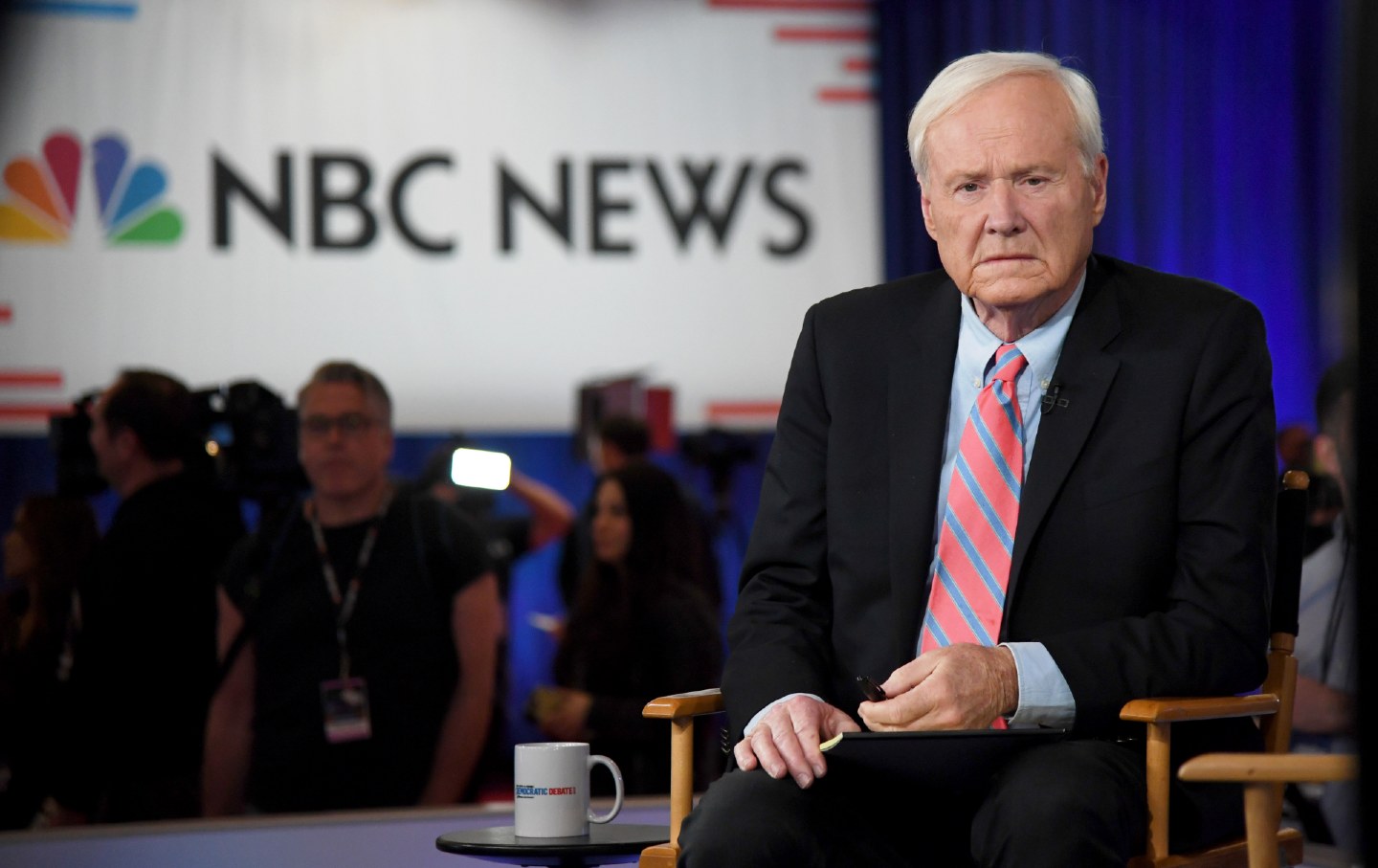- Joined
- Oct 30, 2021
- Messages
- 33,107
- Reaction score
- 34,710
- Gender
- Undisclosed
- Political Leaning
- Undisclosed
Oddly, the US switched radically from Republicans to FDR because of the Great Republican Depression; and Germans switched from their democratic system to Hitler's fascism primarily for the same reason.
Not really. Germany was a fledgling democracy, and it never really recovered economically from WW1. Plus, Hitler implemented military Keynesianism, which was, like FDR's programs, state spending to boost employment, except that in Nazi Germany's case, it was for the purpose of preparing Germany for war against the rest of Europe.





